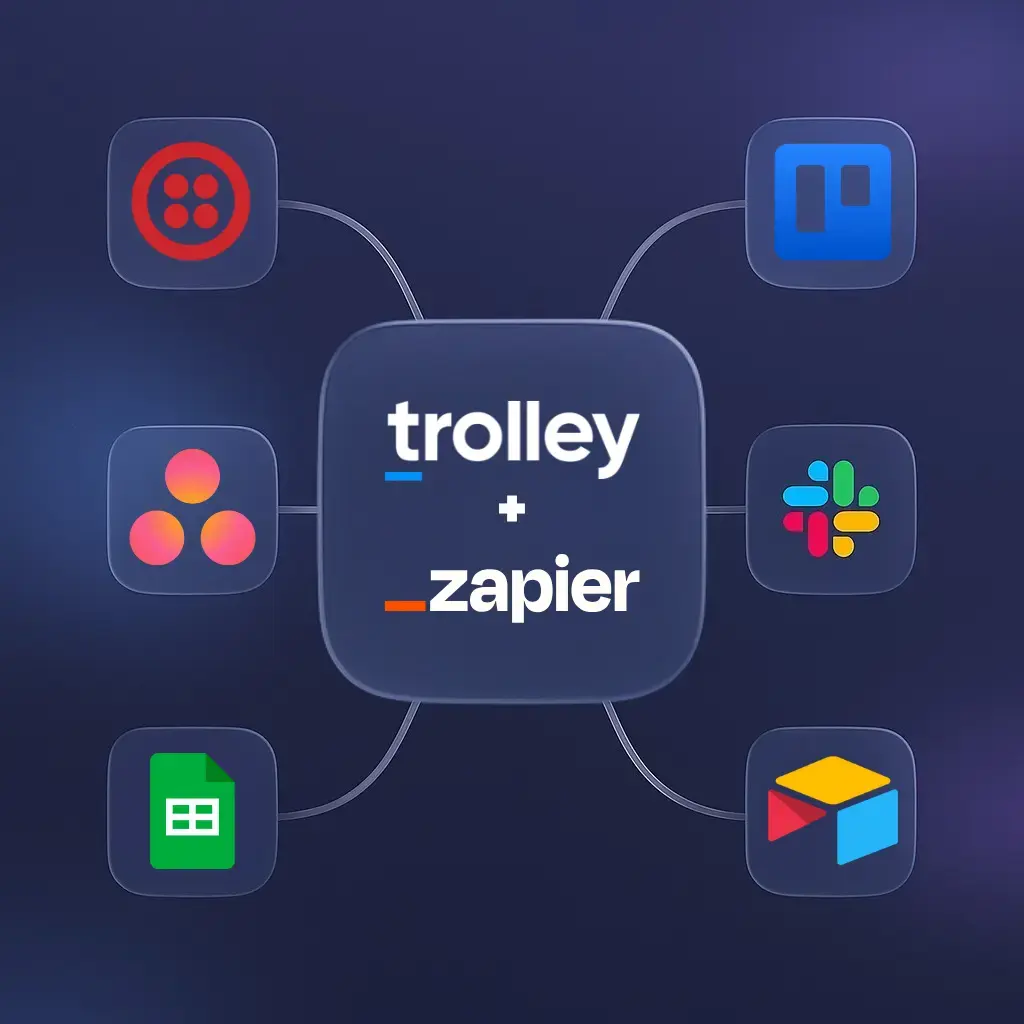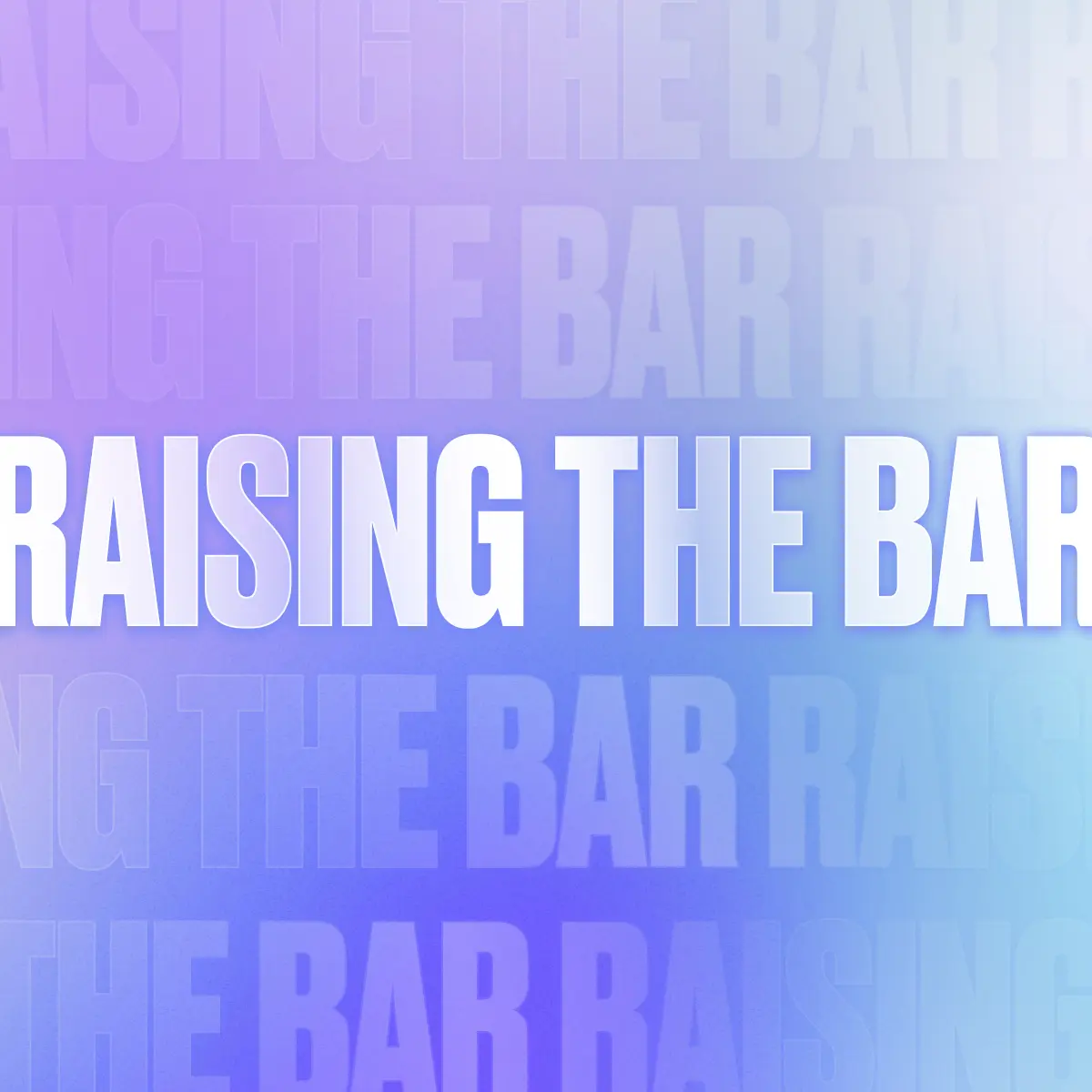From eBay and Amazon to Airbnb and Uber, the platform economy is looking as great as ever. Now, where do you start if you’re willing to be part of it and launch your own marketplace?
Over at MultiMerch, we offer marketplace software and services for living. To make it easier for you, I’ve put together this list of questions you want to ask yourself when building a marketplace business of your own.
Do I know my target market?
Just like with any other business, you don’t jump straight to building a marketplace platform. That’s a great way to waste a lot of time and effort without much result – according to CBInsights, “no market need” is the #1 reason startups fail.
So, you first need to understand the industry you’re going into. Do at least a quick market research to understand the market in general.
Assess the market size and volume to make sure your business plan makes sense. Capturing a bigger share of a smaller market may sound enticing, but if there’s not enough transaction volume you won’t be able to monetize via selling fees.
Understand your target users (buyers and sellers) to uncover their main goals, motivations and challenges. They will be the driving force of your marketplace platform, so you need to know exactly who they are and what they look for in your new platform.
If you’re new to understanding how buyer and seller dynamics shape platform success, this overview of how a two-sided marketplace operates is a helpful foundation.
Identify your direct and indirect competitors to gain insight into existing solutions and the marketing strategies and business models common in your target market. Then, figure out what their strengths and weaknesses are how you plan to compete with them.
Pay attention to the market trends that can make a difference for your business. Keeping an eye on the industry lets you spot big changes in technology, regulation and customer behavior that you can use for your advantage.9
Now when you have at least some understanding of the industry, you can start thinking about monetization:
How will I monetize my marketplace?
To make sure your new business isn’t in this group, you’ll need to think your monetization strategy through.
Understand the different marketplace monetization strategies and choose the ones that make the most sense specifically for you. Marketplaces make money in lots of different ways, the common ones being selling fees, insertion fees and subscriptions.
What strategy you go with will depend on a number of factors, such as your industry type, your market size, the stage of your project (early vs late), the average order value and others. You don’t have to settle with a single revenue model, too – diversify your monetization if it makes sense.
Now, choose a marketplace payment solution you’ll use to process payments. Marketplace payments are more complex than the regular store payments for a few reasons, so here are a few things to keep in mind:
First, you’ll have different payment types on your marketplace platform. Think buyer order payments, seller fee payments, payouts to your sellers and possibly other types of payments (sponsorships, affiliates, ads).
Second, you can use different payment flows to process order payments from the buyer to the seller. With parallel or split payments, the buyer’s payment is split between all sellers at checkout. With aggregated payments, where your platform collects payments from your buyers, then makes payouts to your sellers. With direct payments, the buyer pays the seller directly, either onsite or offsite.
On top of that, you may need more from your payment provider than simply payment processing. This may include KYC, fraud prevention, payment automation, third party service integrations and other features a modern online marketplace business needs.
So, selecting the right payment processor can get tricky. You’ll be looking at factors like regional and industry availability, payment features, costs and fees as well as the implementation complexity.
Monetization? Check. Time to have a closer look at your future platform itself:
What will my platform look and work like?
This part would be easier if you were building a regular online store – after all, you have platforms like Shopify that let you open a simple store in minutes.
The thing is, you’re building an online marketplace – way more exciting, but also quite a bit more difficult.
When it comes to your new platform, here’s what you’ll need to keep in mind.
Figure out the features your users need the most. And I mean YOUR users – don’t just build a marketplace platform, build the platform tailored to your market, your users and their needs.
In most cases, you’ll have two sets of marketplace features to choose from – core features and extras.
The core features cover the overall functionality of the platform: things like seller management, product publishing and inventory management, order management, payment processing and fee collection, as well as things like the design & SEO.
The extras will make it easier for your users to use your platform and may include features like in-depth reporting, advanced selling and marketing features, integrations with third party services and other non-essential, but nice to have things.
The exact features you build will depend on different factors, such as your target market, your niche and your budget. You may also want to look at the competition to see what’s being offered already.
Next, find the right marketplace software solution you’ll use for your platform. Marketplace software comes in different varieties and picking the wrong one will mean wasting quite a bit of money
The most common marketplace software types are SaaS or cloud marketplace platforms, dedicated self-hosted or managed software and multi-vendor CMS extensions. (You can also build a fully custom setup from scratch, but it’s rarely viable for early stage projects)
Cloud marketplace solutions are usually the easiest to get started with and require the least amount of technical knowledge. On the other hand, they’ll usually give you the least control over your platform.
Dedicated self-hosted marketplace software will give you much more customization and a complete control over your platform, but you’ll need at least some technical experience to get them up and running
Multi-vendor CMS extensions may offer the most flexibility, but are also the most difficult to work with. You will absolutely want to have a developer on your team with experience working with the underlying system.
How do you choose the right software solution? Answer these questions to find out:
What kind of a marketplace are you building? Software designed for product (tangible or digital) marketplaces may not work for service, booking and job platforms, and vice versa.
What kind of skills and what team do you have? If you have a developer on your team or know your way around code, going with a more complex solution may make sense.
What’s your budget? You can spend anything from zero to six figures on different marketplace solutions.
What’s your project timeline? If you want to launch your marketplace business sooner rather than later, going with a turnkey platform makes more sense than building one from scratch.
Answering these questions will let you choose the right marketplace solution. Onward to your team and your skills:
Do I have the right skills?
Building, launching and running a successful marketplace business requires a whole set of different skills. If you don’t have everything it takes yourself, you’ll need a team to help you.
First, you’ll need at least some technical experience no matter what kind of software you plan to use to set up, configure and maintain your platform. This doesn’t mean you have to be a developer, but knowing how code works or having a freelancer at hand will make a huge difference when working with software.
Then, you’ll need to understand how sales and marketing work to get your new platform off the ground, attract new users and grow it into a successful business. Depending on your industry and other factors, you’ll be dealing with organic and paid acquisition, social media management, email marketing and all kinds of partnerships and promotions.
Finally, getting your ecommerce operations right is crucial – you’re running an ecommerce business, after all. This includes the skills needed to manage your platform, such as keeping track of payments and orders, keeping an eye on your product catalog, making sure your users are happy and engaged, resolving customer support questions and technical issues, doing the paperwork…
A lot of work, right? How do you get it all done?
You have multiple options. As the founder, you’ll be doing as much as you can yourself, usually the operations. To complement your core skills, you’ll be hiring freelancers, finding mentors, working with agencies or even getting full time employees on board, depending on your budget.
At this point, you know almost everything you need to build a marketplace. It’s time to draw up your plan of action:
What’s the plan of action?
Starting a marketplace business is kind of a big deal – here at MultiMerch, I’ve seen projects take anything from a few weeks to a year from the initial idea to launch.
So, the better you understand what you’re doing at different stages of your project, the less likely you are to run into unexpected challenges and insurmountable difficulties.
Create a functional specification and an implementation plan for your new marketplace platform. This will let you keep track of your goals and deadlines and make sure you and everyone else involved is accountable.
Prepare a launch plan by defining your MVP and outlining your launch prerequisites, crafting your marketing messaging and knowing the marketing channels you’ll use for your launch. Consider launching your project in multiple stages by doing a smaller soft-launch (beta) first with a few select user groups to make sure everything works as expected.
Have a growth plan at hand that you’ll follow to bring new sellers in, attract more customers, and grow your new platform into a successful marketplace business. This may include growing an affiliate marketing network.
Now you’re ready.
And that’s how you start a marketplace business in a nutshell. For a more in-depth look into building marketplaces, check out my Guide to Starting a Marketplace Business.
*******
Martin Boss – Founder, MultiMerch Systems
This article is a guest post by Martin Boss. Martin is the founder of MultiMerch Systems and a fan of marketplaces. At MultiMerch, he helps businesses build and launch their own marketplace platforms.







